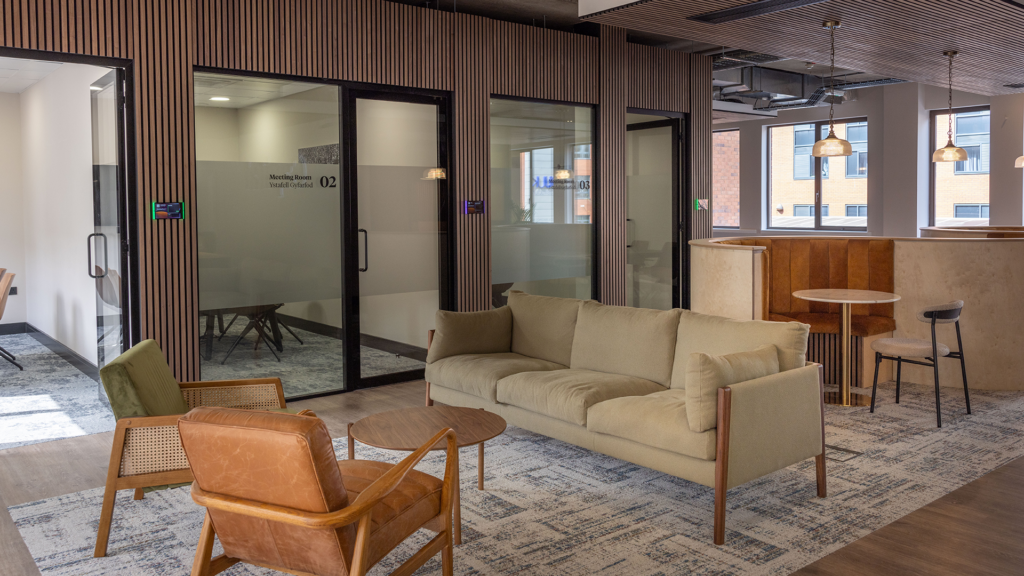What damages did the employee suffer?
Boredom. Yes, you read that correctly. In what is considered to be the first verdict of its kind in France, Frederic Desnard successfully claimed against his former employer for boredom he experienced while working at Interparfums.
The court found a link between Desnard’s boring role at work and his health issues, which included epilepsy, sleep problems and severe depression. The court ruled that Desnard had suffered ‘bore out’, which occurs when an employee is underworked. This contrasts with ‘burn out’ which occurs when an employee is overworked.
Apparently, Desnard’s tasks included configuring the CEOs tablet and letting a plumber into his manager’s home. Desnard suffered a nervous breakdown in 2014 and took seven months off work, he was later dismissed for his prolonged absence.
What does this mean for UK law?
It’s very unlikely that this verdict will have much effect on case law in the UK, given the differences in our respective legal systems. However, one of the effects of COVID-19 has undoubtedly been reduced workloads for some employees, which can lead to feelings of boredom, work related stress and depression. This is particularly likely to be the case where employees have a pre-existing mental health condition.
Employers have a duty to ensure, as far as possible, the health, safety and welfare at work of all their employees. One of the ways in which employers can manage mental health in the workplace is by creating and encouraging a workplace culture where employees feel able to talk about their mental health.
Employers should be encouraging open conversations about this, and pointing any employees who are struggling to sources of support. Line managers in particular should be given guidance in how to spot signs that a team member may be struggling, and understand what support and possible adjustments may be available to assist them.
If you’d like some practical advice on how to do this, please don’t hesitate to get in touch.




